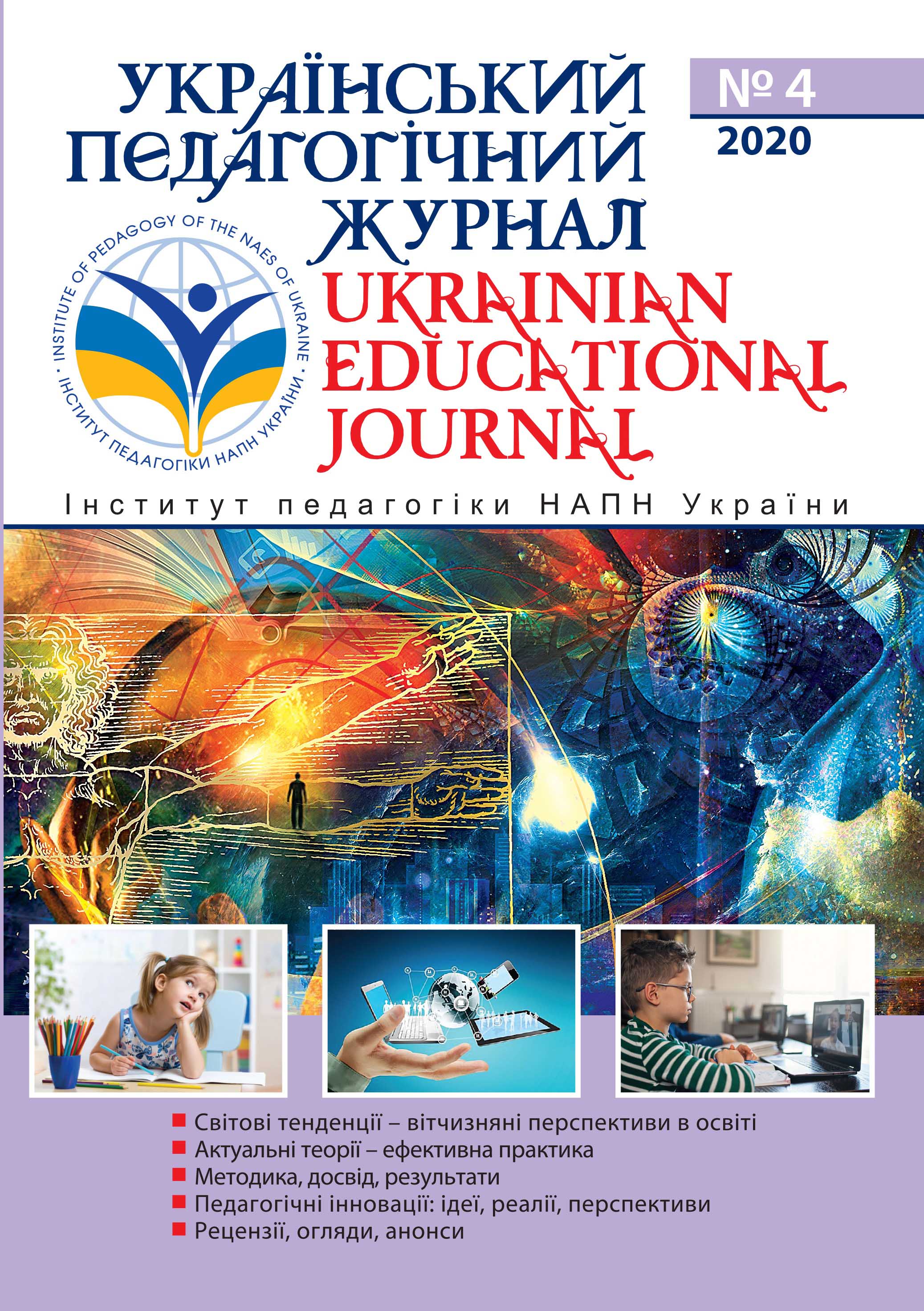Анотація
Математична освіта є важливою складовою в системі фундаментальної підготовки спеціалістів інженерно-технічних, комп’ютерних, економічних та інших профілів. Для отримання якісної математичної підготовки, формування відповідних загальних та професійних компетентностей студентів доречно залучати ефективні чинники, які сприятимуть підвищенню професійного рівня. Авторами статті представлені окремі аспекти ролі історії математики в процесі отримання якісної математичної освіти. Вивчення класичної вищої математики з елементами історії математики сприятиме більшій зацікавленості студентів в навчальному процесі, допоможе навчитися аналізувати, оцінювати та прогнозувати процеси, що відбуваються, проводити фахові дослідження. У роботі запропоновано ідеї застосування історичних фактів при вивченні окремих тем математичних дисциплін. Це один зі шляхів розуміння математичних понять та тверджень, гіпотез та теорій у контексті як теоретичної бази, так і практичного застосування; розуміння змісту, стану, нагальних проблем тих чи інших математичних моделей та перспектив їх подальшого розвитку.

Ця робота ліцензується відповідно до Creative Commons Attribution-NonCommercial-ShareAlike 4.0 International License.
Авторське право (c) 2020 Світлана Лісковець, Оксана Гуда, Віктор Тимощук

